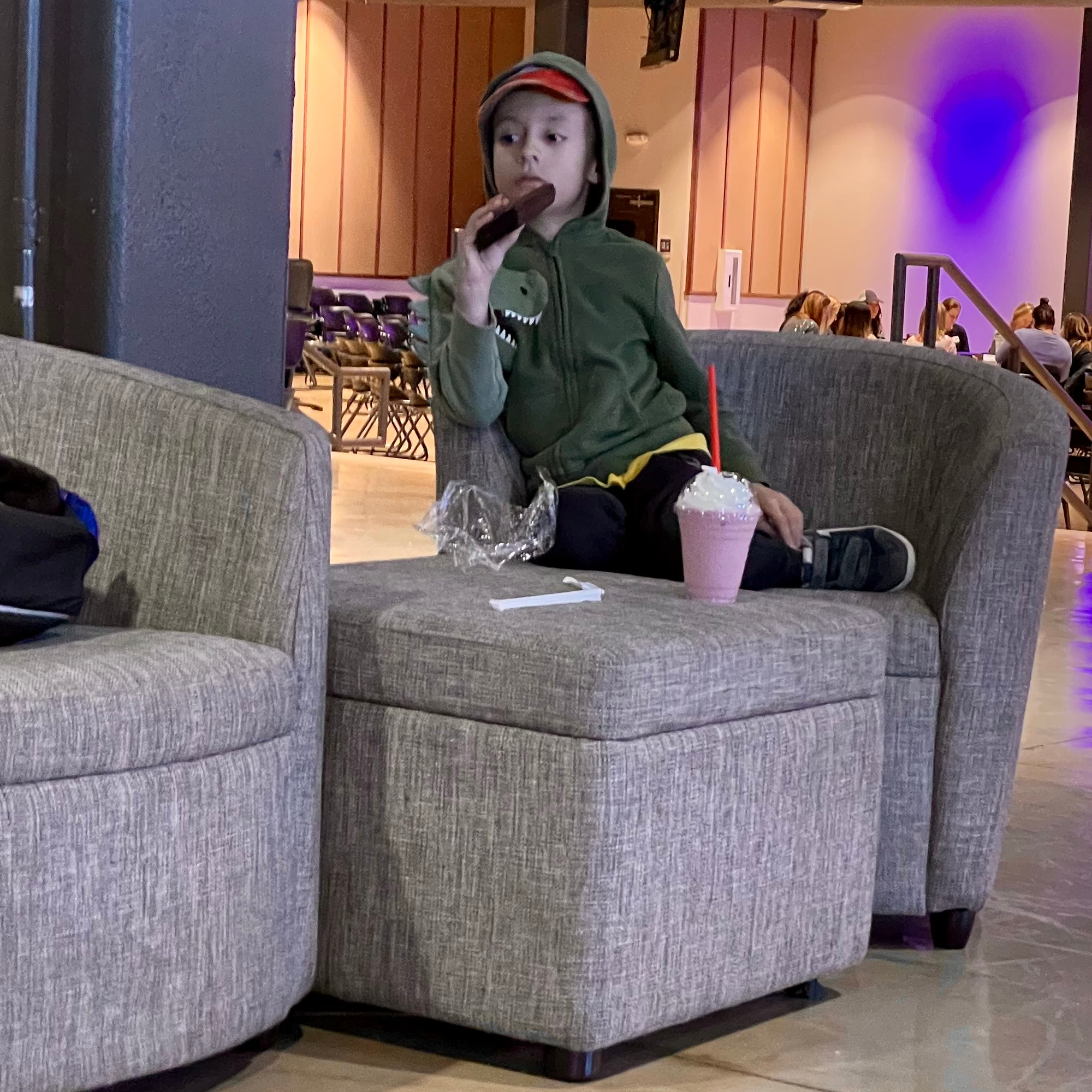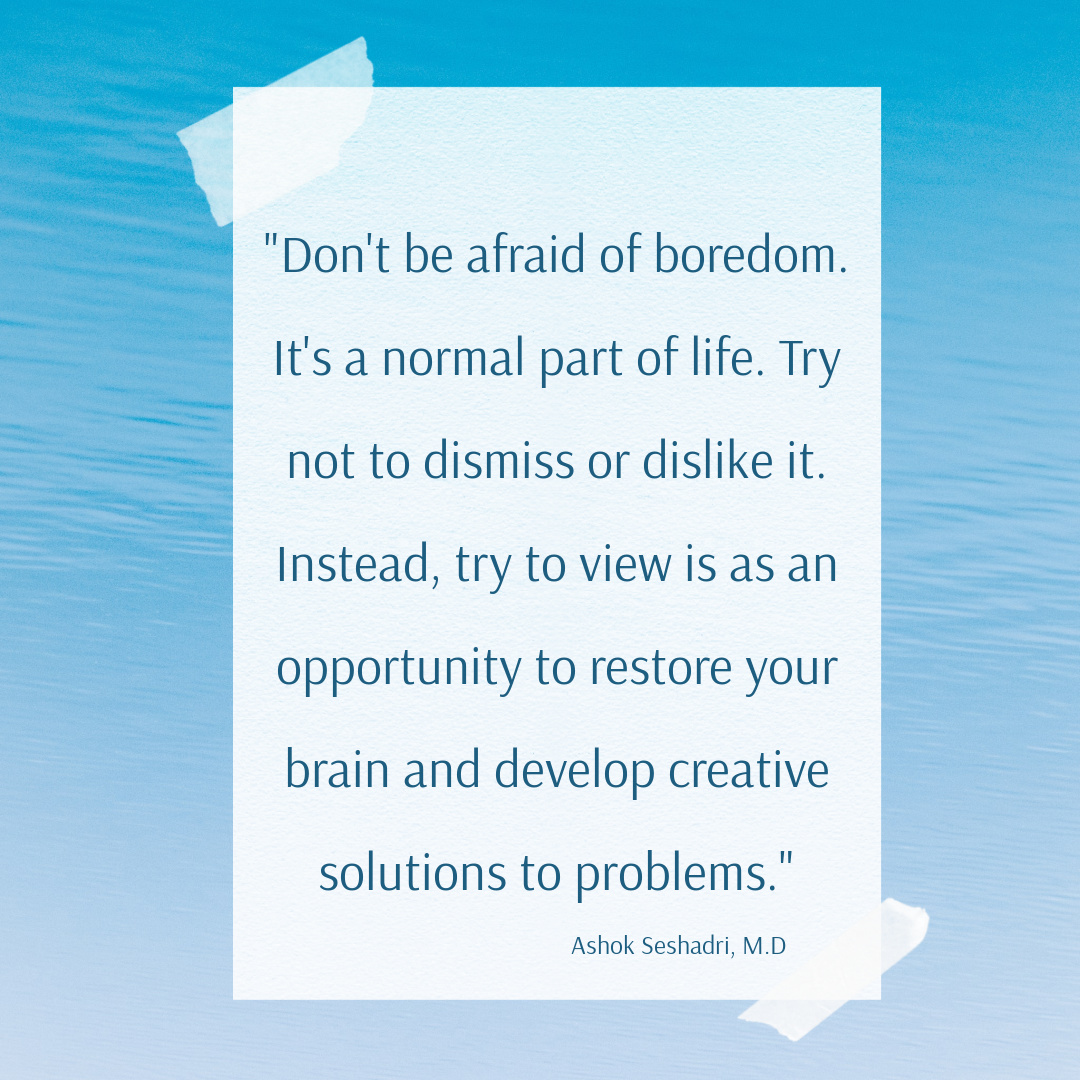One of the great joys of my spiritual life since moving to Texas in 2016 has been my participation in a weekly women’s Bible study at a large church (not our home church) in Austin. The study consists of a large-group teaching (attended by hundreds of women) followed by small group discussion. I’ve met some of my closest friends in this study, and I’ve grown in my faith and my knowledge of Scripture through the in-depth teaching of some amazing Bible teachers.
A true perk of this group is the childcare aspect: while we adults engage in fellowship and learning, our kiddos are also participating in social activities and age-appropriate Bible study in the nursery rooms upstairs. The childcare workers are all fantastic, and Charleston and the twins have all benefitted from this program and have always looked forward to it each week.
You’ll understand, then, why we were heartbroken this past fall when we were informed that the church was short-staffed and could no longer offer childcare for homeschooled kiddos Charleston’s age. When we received this news, I assumed it meant my time in the study was over. But after talking it over with some of the study leaders, I realized I had another option: I didn’t need to quit the group, or make other accommodations for Charleston; I could just bring him with me!
So that’s what we’ve done: each Thursday morning, Charleston comes with me to drop the twins off in their childcare room. Then we sit together during the large group teaching. And when it’s time for the women to break into small groups, I set Charleston up in a chair near my group where I can keep an eye on him but he’s not near enough to interfere with our group’s discussion.

This setup, though not what I would have planned, has gone far better than I could have hoped. Every Wednesday night Charleston diligently packs his backpack with maze books, colored pencils, games, and reading materials to occupy himself during the Thursday morning study. He brings that backpack into church with us every Thursday; strangely, though, it rarely gets opened: instead, Charleston listens along during the teaching (making for some interesting discussions afterwards). And when he’s on his own during the small group portion he just. . . sits. I usually buy him a treat from the snack bar, and he’ll sit in his chair, enjoying his brownie or smoothie while simply taking in his surroundings, daydreaming, and generally participating in an extreme form of non-activity.
Every Thursday I watch him from across the room, wondering why he doesn’t open up his backpack to pull out something to do. I’ve worried that he must be bored, or resentful of this time by himself, but he’s never given me any reason to believe this; he never complains about this time and seems to genuinely appreciate this ninety minutes of sheer sitting and nothing-to-do-ness.
I’ve witnessed this weekly occurrence with a mixture of amazement (because I don’t know many other 8-year-olds who would be content to sit on their own doing nothing for such an extended time without complaint) and jealousy (because I don’t know that I—at 38 years old—have the stamina for such sustained inertia). Also tossed into that feelings salad is a sense of guilt for asking my child to “wait on me” each week. For a whole slew of reasons (not the least of which is a culture that sets us moms up to feel guilty about just about EVERYTHING), I don’t know that this guilt will fully disappear. But I am fairly certain that it is misplaced. Why should I feel guilt over allowing my child to do something that is actually quite good for him?
Let me say that again: this boredom that Charleston gets to experience every Thursday morning is GOOD FOR HIM! In our fast-paced culture, where kids (and adults) are bombarded with entertainment and obligations, we have all but lost the notion of what it means to be bored. The thought of sitting with nothing to do is uncomfortable for minds accustomed to constant preoccupation and bodies that are always on the go. The idea of “wasting time” as we daydream or people-watch can seem unproductive and lazy, an inappropriate and unnecessary misuse of precious minutes.
Science, though, does not back this up. In fact, numerous studies point to the benefits of boredom for kids (and adults too): boredom gives our overtaxed brains a chance to decompress. It makes space for creativity and can be a catalyst for innovation and resourcefulness. Regularly engaging in boredom also enhances self-regulation, resilience, stamina, and focus. In other words, boredom is not a problem to be solved, but a gift to be embraced. It is great for our brains and critical for the development of good character!
Even knowing how good boredom is for my child, it’s still difficult for me to let go of that felt need to rush in and “save him” every Thursday as he sits by himself, staring off into space. I want to offer ideas for how can entertain himself, to make the time go by faster. But he doesn’t need that. He isn’t even asking for it. His commitment to doing nothing with that time doesn’t bother him in the slightest!

Instead of pitying Charleston in his time of weekly boredom, I am making a concerted effort to find inspiration in his approach. What might it be like for me to build some opportunities for boredom into my own life? I’m sure it will be uncomfortable; I will crave sources of entertainment that might distract me from the gnawing guilt that arises in me when I am not being productive. Ironically, boredom IS extremely productive in the ways that matter—ways of boosting mental and emotional health, and developing character. Those seem like a great reward for the small cost of doing absolutely nothing.
Perhaps you will join me in this! Next time you find yourself with some spare time, refrain from rushing to fill it. Let Charleston be your inspiration: in his chair of solitude and blissful idleness, he is a Boredom Guru whose example we would all do well to emulate.